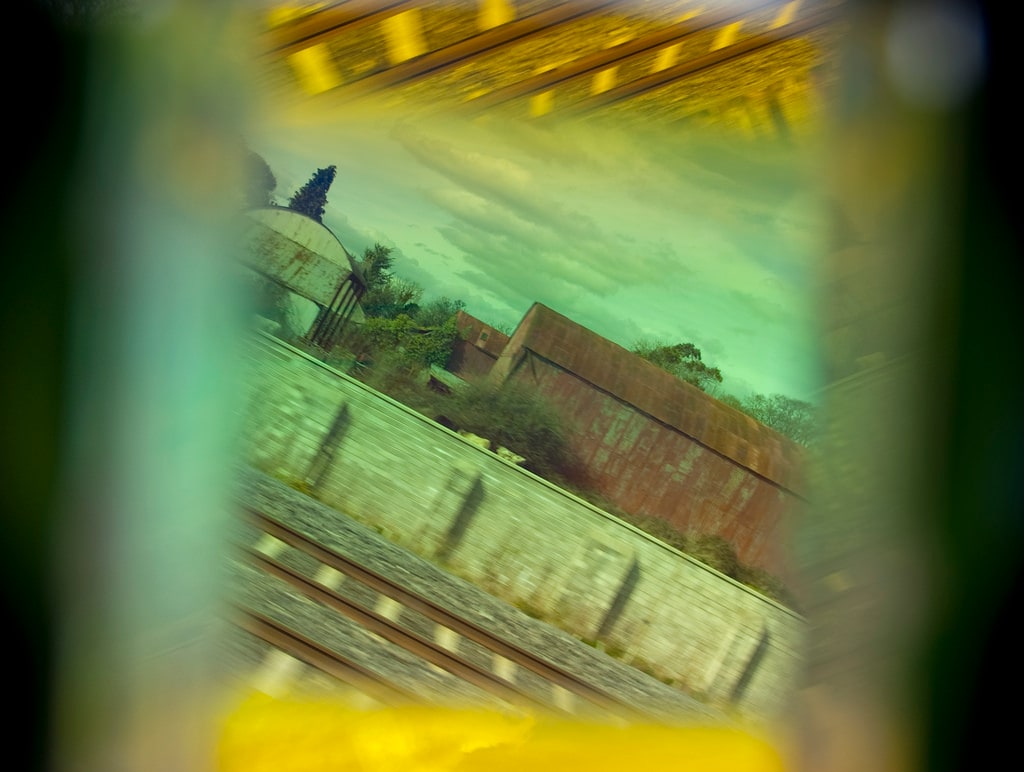Register and save the date for this year’s Sydney Teaching Colloquium on Wednesday 16th August
From 1-4 pm on Wednesday 16th August in the Education Building Lecture Theatre 351, during the University of Sydney’s Innovation Week, the Education Portfolio is hosting a three-part Teaching Colloquium focused on the theme of ‘The Creative Curriculum’. During this event colleagues from around the University will share the innovative ways in which they have brought features of the new curriculum alive in their courses. This is a chance to get to know the reimagined Sydney Undergraduate Experience and how it has been translated into teaching and learning today.
Please join the Education Portfolio and speakers from across the University for one, two or all three sessions that make up the day.
1-2 pm: Real World Projects

A key feature of the new curriculum is the commitment that every student will connect their disciplinary knowledge with other disciplines in working on a real-world industry, community, research or entrepreneurship project.
This session will feature some of the highly innovative and successful trial project units that are already available:
- NSW Department of Parliamentary Services
Dr Amanda Eliot from the Department of Sociology and Social Policy is the coordinator of the unit ‘INDP3000 Interdisciplinary Project’ in which students prepare briefs for the NSW Department of Parliamentary Services on issues related to the use of drones or social media. In the first offering, students worked in multidisciplinary teams, each bringing their own unique disciplinary perspectives to on projects to tackle projects. -
THRIVE Interdisciplinary Project
Dr Dan Caprar, A/Prof Rachael Hains-Wesson, Dr Betina Szkudlarek and Dr James Rooney from the Business School are coordinating this project unit which enables students to collaborate with the flagship partner THRIVE to support and nurture refugee entrepreneurs on their business start-ups for ‘real-world’ outcomes. THRIVE provides business loans for refugees and has identified a range of potential start-up projects that students will work with to evaluate products and services for successful marketing and business outcomes.
2-3 pm: The Open Learning Environment (OLE)

The OLE is a collection of learning modules that to help students develop foundational knowledge and skills. OLE units are available as fully online, zero-credit point components covering topics such as entrepreneurial thinking, persuasive communication, project management and ethical reasoning.
These units are available on-demand and are like internal ‘MOOCs’: they will be available to all students (and staff!) at the University for free. Students in the liberal studies degrees and some specialist degrees can extend these by taking 2 or 6 credit point units which combine fully online study with masterclasses and seminars.
This session will feature some of the OLE units that are currently being developed:
- Student Leadership
A/Prof Sarah Lewis from the Faculty of Health Sciences and a multi-faculty team are developing a set of OLE units to provide students with the theoretical and practical underpinnings for their leadership aspirations and present them with opportunities to develop and practice relevant leadership skills. - Numbers and Numerics
A/Prof Mike Wheatland and A/Prof Tara Murphy from the School of Physics are developing a pair of zero and two-credit point OLE units to explore the foundation of numerical computing: how numbers are represented and manipulated by computers. - Designing Social Media for Digital Influence
Dr Jonathon Hutchinson from Media and Communications in the School of Literature, Arts and Media is developing a pair of zero and six credit point OLE units to explore and expand students’ ‘real-world’ strategic social media communication skills.
3-4 pm: Making the Graduate Qualities Real

The new curriculum is underpinned by ‘graduate qualities’ which all students will develop during their undergraduate degree, regardless of the disciplines they study. This set of qualities has been designed to equip Sydney graduates to succeed, innovate and provide ethical leadership in the contemporary and ever-changing world. The graduate qualities will be embedded in each degree program and, uniquely, their development will be assessed.
This session will feature some of the ways in which teachers are already bringing the graduate qualities to life to reveal what the graduate qualities are and why they are important:
-
Embedding cultural competence in the curriculum: the scientific method and evidence-based decisions
A/Prof Tom Hubble and the team from the School of Geosciences has incorporated indigenous knowledge about country and natural systems into the first-year Introduction to Geology curriculum. - Using a blended learning approach to integrating digital literacy : a faculty / library partnership
Dr Jo River from the Sydney Nursing School with Isabelle Raisin and Julia Child from the Library have developed a novel way to develop information literacy. - Transforming Communication Education for Students
Dr Alison Purcell and team from the Faculty of Health Sciences have designed the innovative and cost-effective ‘Accelerate Communication Excellence’ (ACE) program to develop vital professional communication skills in novice students.





